Original by Ivy Labs 美国常春藤教育 7/3/2020

The bear was watching.
The water level within the canoe was rising.
We were sinking.
As the eerie tempest assembled across the horizon, a pelting rain pierced through the clouds and descended upon Lake Temagami. The turbulent tides collided against the hull, expelling Riaz, Greg, and me from our seats. Failing to recall the presence of life jackets, I grabbed onto the gunwale, hoping to restore balance.
The canoe began to topple.
“Don’t grab the gunwale!” gasped Riaz as he struggled to remove water from the boat with his palm.
“Riaz, you need to steer!” shouted Greg, peddling behind the yoke.
Without a paddler at the bow, a balancer at the center, or a steerer at the stern, our boat rotated in incessant spirals. As the “canoe party” reached its climax with thunder and rain-drenched teenagers, I browsed through the pandemonium.
I saw only heads, not faces.
The seemingly dire situation had sent Riaz and Greg into frenzied panic, each wholly fixated on their self-assigned tasks.
“Guys, pause for a second,” I squinted in the rain.
“What? We’re drifting further and further away from the group!”
Alarmed at the rapidly ascending waterline on the canoe, I raised my head and shouted: “STOP! NOW!”
Staggered by the deafening outcry of a typically calm and affable girl, my canoe-mates suspended their actions and turned their heads.
“The bilge pump,” I exhaled.
I quietly observed as their facial expressions transitioned from disorientation to comprehension to disbelief — we had forgotten the tool!
“We need a plan,” I suggested, “if each of us only concentrate on our own methods, we will sink.”
“I say we paddle back to the group first,” said Riaz after a brief period of silence, “I’ll steer.”
“I’ll take care of the pump,” volunteered Greg, “Jenny, can you paddle?”
“Let’s do this,” I breathed, tasting the flavor of the storm.
With coordination, the stagnant phase of the tempestuous voyage was disrupted. Once again, slowly but continuously, the fragile framework of the boat navigated and ascended amidst the tumultuous tides.
To venture in the wild, canoers must prepare for the capricious nature of the weather.
To collaborate, individuals must remain receptive to the unpredictable results of their work.
To thrust the canoe forward, the paddler, balancer, and steerer ply toward a common destination.
We are ambassadors amongst chaos, but we thrive amidst the turbulence: quelling the tempests.
熊在看。
独木舟内的水位正在上升。
我们正在下沉。
当诡秘的暴风雨席卷地平线时,一阵阵阵小雨穿透云层,降落到Temagami湖上。汹涌的海潮撞向船体,试图把Riaz,Greg和我从座位上赶走。由于我忘记了救生衣的存在,我抓住了船舷,希望船体能恢复平衡。
独木舟开始倾覆。
“别抓船舷!” Riaz吃惊地大喊道,他正挣扎着用手在船上铲水。
“Riaz,你来控制船的方向!”Greg大喊,踩着横梁。
船头没有桨,中间没有平衡器,船尾也没有舵机,我们的船不断旋转。青少年们在这场雷雨交加的“独木舟派对”上达到了高潮,使我突然想到了狂欢节。
我只能看到头,看不到脸。
这看似可怕的情况使Riaz和Greg陷入了疯狂的恐慌中,两个人正全神贯注地做着自己的任务。
“朋友们,停一下。”我在雨中眯着眼睛。
“你在说啥?我们与团队的距离已经越来越远了!”
独木舟上的水线上升的速度惊到了我,我抬起头大吼:“现在就停!”
我的独木舟伙伴们被平时文静温和的我的震耳欲聋的吼叫声吓到了。他们暂停了动作,转过头来。
我喘息着说,“舱底泵。“
我静静地观察着他们的面部表情,从迷惑到理解,再到难以置信的转变——我们居然忘记了有工具!
我建议说:“我们需要制定计划,如果我们每个人都只专注于自己的方式,我们就会陷入困境。”
Riaz在短暂的沉默后说道:“我们先回到小组,我来掌舵。”
“我来抽水,”Greg自愿道,“Jenny,你能划桨吗?”
“就这样做吧。”我大口呼吸,品尝着风暴的味道。
在协作下,狂风航行中的停滞结束了。在动荡的潮汐中,独木舟的脆弱框架又一次缓慢却连续地上升。
野外冒险时,划独木舟的人必须做好天气反复无常的准备。
要进行协作,每个人必须接受工作中不可预测的结果。
为了向前推动船体,桨手和舵手必须达成共识,前往共同的目的地。
我们是混乱中的大使,但我们在动荡中茁壮成长,最终镇压了暴风雨。
Grandma doesn’t flush.
When I got home after a long day, grandma would make sure to have left me a hefty surprise. Why was grandma’s poop as black as night? The world may never know.
“So you have nothing to offer the revolution?” Grandma would ask me when I flushed her feces.
“Grandma, what does your poop have to do with the revolution?” I asked.
“Water is a precious resource. People are dying and... ”
“Nainai,” my mom said. “Times have changed. I can’t believe we’re having this argument about your poop again!”
This was a common scatalogical spat between us, and wasn’t the only example of my grandmother’s frugality inconveniencing us.
“Stop! Put that back in the fridge! I was gonna eat that for dinner!” I heard grandma shouting in distress.
“Nainai, these have been here for the past month! They’re frozen solid and moldy. It will kill you!” Mom said as she dumped tupperware chicken soups grandma had hidden in the back of the freezer. So many had accumulated over time, that grandma’s hoarding jig was up and mom needed space for edible food.
“Stop!” I yelled. Mom didn’t yield, chucking each tupperware into the trash while grandma scrambled through the bin to save her precious cuisine.
“You’ve never had any respect! I should’ve never spoiled you the way I did. My sister starve to death when she was…”
“Nainai, the only thing you’ve spoiled is this leftover chicken soup! I’m doing what’s best.”
“COMPOST!” I yelled.
Mom and grandma stopped dead in their tracks and looked at me confused.
“Huh?” said grandma.
“Your garden grandma. You want to start your garden again in the backyard? It's the perfect time of year for it.”
“Yeah I want to grow tomatoes.” She replied.
“Compost! We take your leftovers, put them in a wooden bucket, and overtime it will create rich soil out of which tomatoes will grow bigger and riper than ever before! We won’t waste any food.”
“We should’ve done that during the famine…” Grandma replied, solemnly.
“We can do it right now.” I replied.
After a pause, mom began helping her grab the tupperwares out of the bin.
They say in China that three women make a play. While our play is sometimes a collaboration comedy, and sometimes a tragedy, this scene had a happy ending. Grandma’s new tomatoes added a fresh flavor to her chicken soup.
外婆从来不冲马桶。
漫长的一天过后,我一回家,外婆一定会给我一个大惊喜。为啥外婆的大便像黑夜一样黑?可能没人会知道答案。
“你不给革命奉献吗?”每次我冲马桶的时候,外婆都会这么问我。
“外婆,您的大便跟革命有什么关系?”我问到。
“水是多宝贵的资源。老百姓都活不下去了……”
“外婆,”妈妈发话了,“时代都变了。我真不敢相信我们又因为您的大便吵架了!”
这是咱们一家人共同的肮脏话题,但只是外婆因节俭给我们家带来的麻烦之一。
“别!把它放回冰箱里头!我晚饭还要吃这个!”我听到外婆在绝望中大喊。
“外婆,这都过期一个月了!都结冰发霉了,对您不好!”妈妈说,当她在外婆背后把盒装鸡汤倒掉时,外婆已经躲在了冰箱的后面。时间长了,放的东西多了,外婆的剩饭占领的地盘也满了。妈妈需要空间放能吃的事物。
“别扔了!”我大喊。妈妈没有屈服,把每个餐盒都扔进了垃圾桶,而外婆在挣扎着翻动垃圾桶企图把她的珍贵美食留下来。
“你就没尊重过我!我就不应该像以前那样宠坏了你!我姐姐饿死的时候才……”
“外婆,你唯一宠坏的就是这碗剩鸡汤!我扔了它是在做好事。”
“堆肥!”我大喊。
外婆和妈妈停止了争吵,疑惑地看着我。
“ 啥?”外婆说。
“您的花园呀外婆。您想在后院重新种园子吗?现在就是最佳时机。”
“是啊,我想种西红柿。”她回答。
“堆肥!把您剩菜放桶里,过段时间它就会变成肥沃的土,这样种出来的西红柿就会更大更熟!我们也就不会浪费食物了。”
“我们就应该在饥荒期间这样做……”外婆庄严地回答。
“我们现在就可以做到。”我回答。
片刻之后,妈妈帮外婆从垃圾桶里取出了餐盒。
中国有句话说,“三个女人一台戏”。虽然我们的戏有时是喜剧,有时是悲剧,但这一幕的结局却很美。外婆的新西红柿让她鸡汤的味道变得更好了。
As a child, I loved Roman and Greek mythology. I knew all the gods and their duties by heart and as a girl would draw pictures of them on the walls of my bedroom. There was however a second tier of Gods: the underdogs, or undergods, and among them was the Goddess Eris.
Eris was always up to no-good. She was always starting trouble, and in a clever way. Eris you see, was the Goddess of discord, and she loved to start arguments and then sit back in her thrown and watch them people hash them out. Bloodsport wasn’t really her style though, because she usually preferred the sport of verbal argumentation, which the Greeks, with Socrates and Plato, were good at anyway. And Eris was clever: all Eris did was give people ambiguous messages.
In any event, you ask, why am I writing about some old, Greek goddess in a throne? Because it was almost coincidental and as if Eris had entered the chat room when I and a team of four other young scholars decided to help edit a series of textbooks and translations of Greek and Roman classics and poetry authored by Yale professors for Chinese students. Michael suggested Eris be depicted brandishing a sword.
“A sword of discord!” He loved his own pun and rhyme.
But we explained that as a woman she was dis-inclinded to like bloodshed, even though some scholars did blame her for starting the Trojan War.
“A thunderbolt instead,” Meimei said.
“But that’s too much like Zeus,” I interjected.
We finally decided that she should hold two pens, one in her left hand, and one in her right hand to symbolize the contradictory and ambiguous messages she was sending her subjects. Finally, after much discussion, we came to an agreement about how to depict her in our series.
Collaboration is usually thought about in the context of sports or clubs, but when scholars work together they have to take into account the different informed opinions of their co-authors and come to a holistic compromise.What happened to the days when one could challenge an opinion without evoking an emotionally charged reply? Eris’s joy in the art of debate is a spirit I believe our generation can learn from. I hope this message comes through loud and clear about our friendly quibble, and not subject the trickery of one of Eris’ many riddles.
小时候,我很喜欢罗马和希腊神话。我了解所有神的名字和他们的使命,小女孩时候的我会在卧室的墙上把他们画出来。但还有第二级别的神:次等神,半神......其中包括了Eris女神。
Eris从来不干正经事。她总是机灵地制造麻烦。你通常看到的Eris是不和谐的女神,她喜欢吵架,然后坐在她的宝座上冷眼旁观人们解决。但她的风格并不是血腥暴力的争吵,她更喜欢口头辩论。无论是希腊人,苏格拉底和柏拉图式的辩论,她都擅长。Eris很聪明:她总是只给人们传达模糊不清的讯息。
您可能会疑惑,为什么我要讲这些古老的希腊女神?这是因为当我和四名年轻学者帮耶鲁教授编辑为中国学生撰写的罗马古典教科书和译文时,Eris就像巧合般的进入了聊天室。Michael建议描绘Eris挥舞着剑。
“不和谐的剑!”他爱用双关语和押韵。
但是我们解释道,尽管有些学者确实认为她引起了特洛伊战争,但Eris不喜欢血腥。
“反而应该是雷电”,梅梅说。
“但是那就太像宙斯了”,我插话。
我们最终决定,Eris应该左手和右手各握一支笔,以体现她传达的讯息矛盾而模糊。最后,经过大量讨论,我们就描绘Eris的方式达成了共识。
合作通常发生在体育界或是俱乐部里,但当学者们一起工作时,他们也必须考虑到对方的不同见解,做出妥协并达成共识。如果人们反驳观点的时候却不会引起情绪化的回应,那会是怎么样的呢?我认为Eris对辩论艺术的享受是一种值得我们这代人借鉴的精神。希望我的讯息能响亮地传达了我们友好的辩论,而不会变成Eris女神的众多谜语之一。
“Nothing will make us quit,” I replied to the usually jolly but always facetious, maintenance technician, Uncle Darren, as he said, “You’ll quit before the end of the first week!” teasing.
“Don’t think you can sneak down to kebab at midnight, cause I’ll be there, biting into a juicy, cheesy shawarma. MMM!”
“You're wrong Darren. Us Vegan Challenge Kids will never quit.”
On day four, I made plans to quit. My unsatiated appetite whispered sweetly in my ear. “You know you want beef chili.”
Darren spotted me in the hallway.
“Hey kiddo, you look like you haven’t eaten in days! Well… meat at least.”
“Not funny, Darren. You were right. This is hard. There's gotta be something we can do.”
“Once vegans can top prime rib, give me a call.”
“Before we actually have that, what about the gardens, Darren? We plant produce there every Tuesday anyway; we’ll just work harder this time!”
Us Vegan Challengers rolled up our sleeves and descended into the school valley. Everyone got their own plows and watering assignments.
“Wait, look, there are barely any pollinators around; no wonder why our plants are withering.”
“Let’s build something to welcome them!”
We looked up online and found a manual to building a “bug hotel.” After scavenging through the pile of waste material next to the valley, each of us carried a handful of wooden planks and bamboo sticks.
With the help of the school’s design technician, we quickly designed the structure, nailed the planks together into hexagonal frames, and filled it with countless bamboo sticks and smaller wooden blocks with holes drilled through them. We also constructed a pole to hang the bug hotel in the middle of our plots.
While we plowed and watered our plants as always, many guests decided to check in to the bug hotel. Our organic structure turned out to be a utopia that, within a week, was sprawling with busy, happy families of an array of species. Many of them were pollinators, bees and a great variety of flies, which were really good for the produce business. Watching them flying in and out of the bug hotel, and landing on our plants, our hope for a better harvest became a reality.
Chewing my newly picked carrot stick, I excited showed Darren our accomplishment, “See? I told you we would make it!”
Interdisciplinary? Interspecies!
“我们不会放弃的。”我对平时常开玩笑自嘲的维修员Darren叔叔说。而他嘲弄道,“你一周不到就会放弃了!”
“别以为你半夜可以偷偷出去烤串,因为我会在那儿吃着多汁的芝士味沙威玛烤肉。真香!”
“你错了,Darren。我们素食主义者挑战的孩子们将永远不会放弃。”
第四天,我决定退出了。我永不满足的食欲不停在我耳边甜蜜地窃窃私语, “你知道你想吃牛肉辣椒。”
Darren在走廊上发现了我。
“嘿,孩子,你看起来几天都没吃饭了!至少没吃肉。”
“一点也不好笑,Darren。你说的对。这真的很难。我们必须做点什么。”
“素食主义者可以吃牛排的时候要打电话给我哦。”
“那吃牛排之前,花园怎么办?我们每周二在花园种植农作物;这次我们会更加努力的!”
我们这些素食主义者挑战者卷起袖子,走进了学校的山谷。每个人都带着犁和自己的任务。
“等等,你看周围几乎没有传粉的昆虫。怪不得植物会枯萎。”
“ 那我们把昆虫欢迎过来吧!”
我们在网上查到了制作“昆虫旅馆”的手册。在山谷边收集了一堆废料后,每个人都拿了些木板和竹签。
在学校技术人员的帮助下,我们迅速完成了结构设计,把木板钉在了六角形的框架中,然后用无数竹棍和小木块填满了孔。我们还建了一根杆子,把“昆虫旅馆”的标志挂在了中间。
当我们像往常一样浇水耕种时,许多客人决定入住昆虫旅馆。我们的旅馆简直是一个乌托邦,在一周之内就添满了各种物种的忙碌幸福的家庭。他们中的许多是传粉媒介,比如蜜蜂和各种苍蝇,对我们的农产品非常有利。看着它们飞进和飞出又落在我们的植物上,我们盼望着有更好的丰收。
嚼着我刚摘下的胡萝卜棒,我兴奋地向Darren展示了我们的成果,“看看吧!告诉过你我们能做到的!”
跨学科?应该是跨物种!

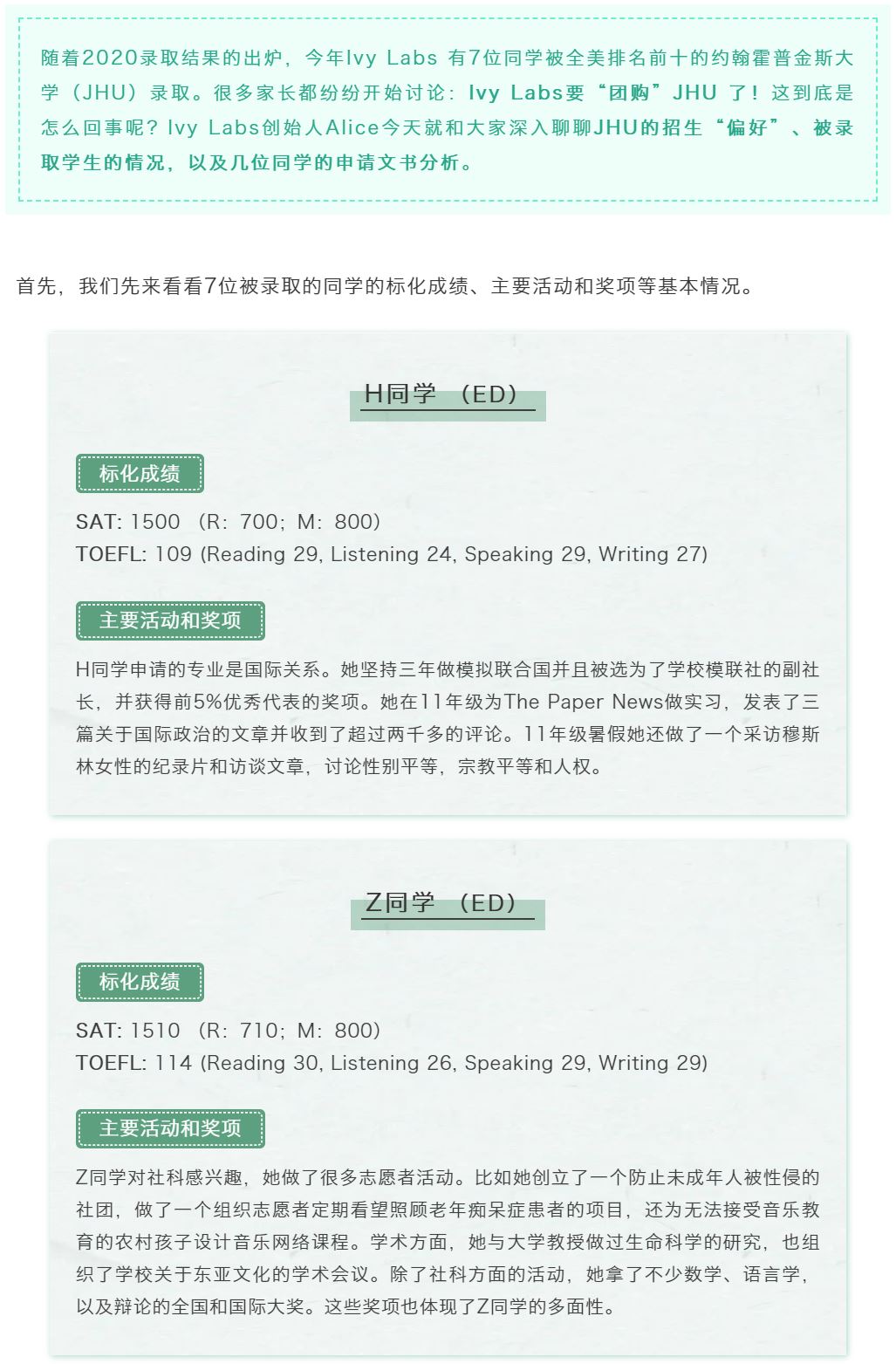
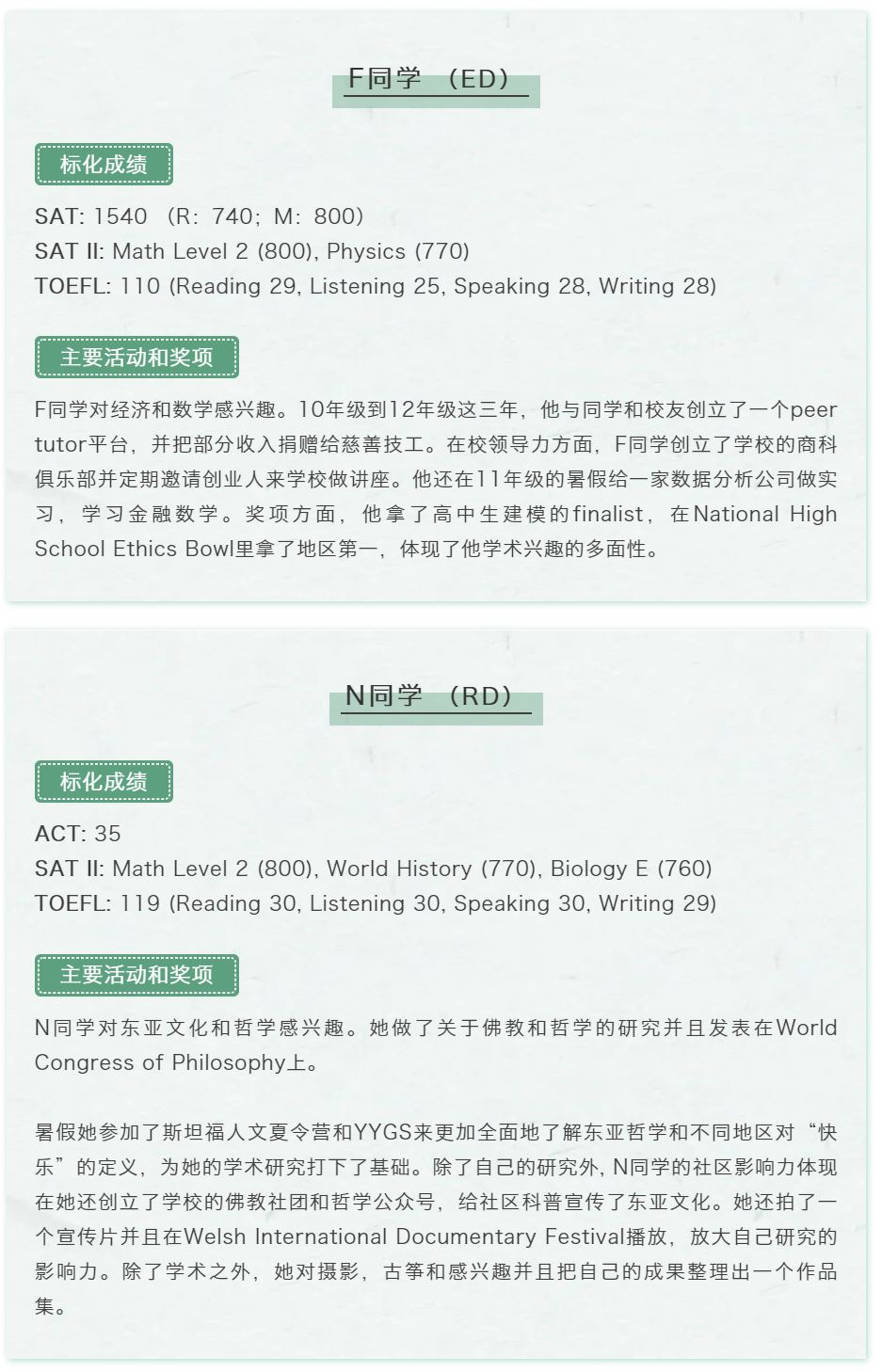
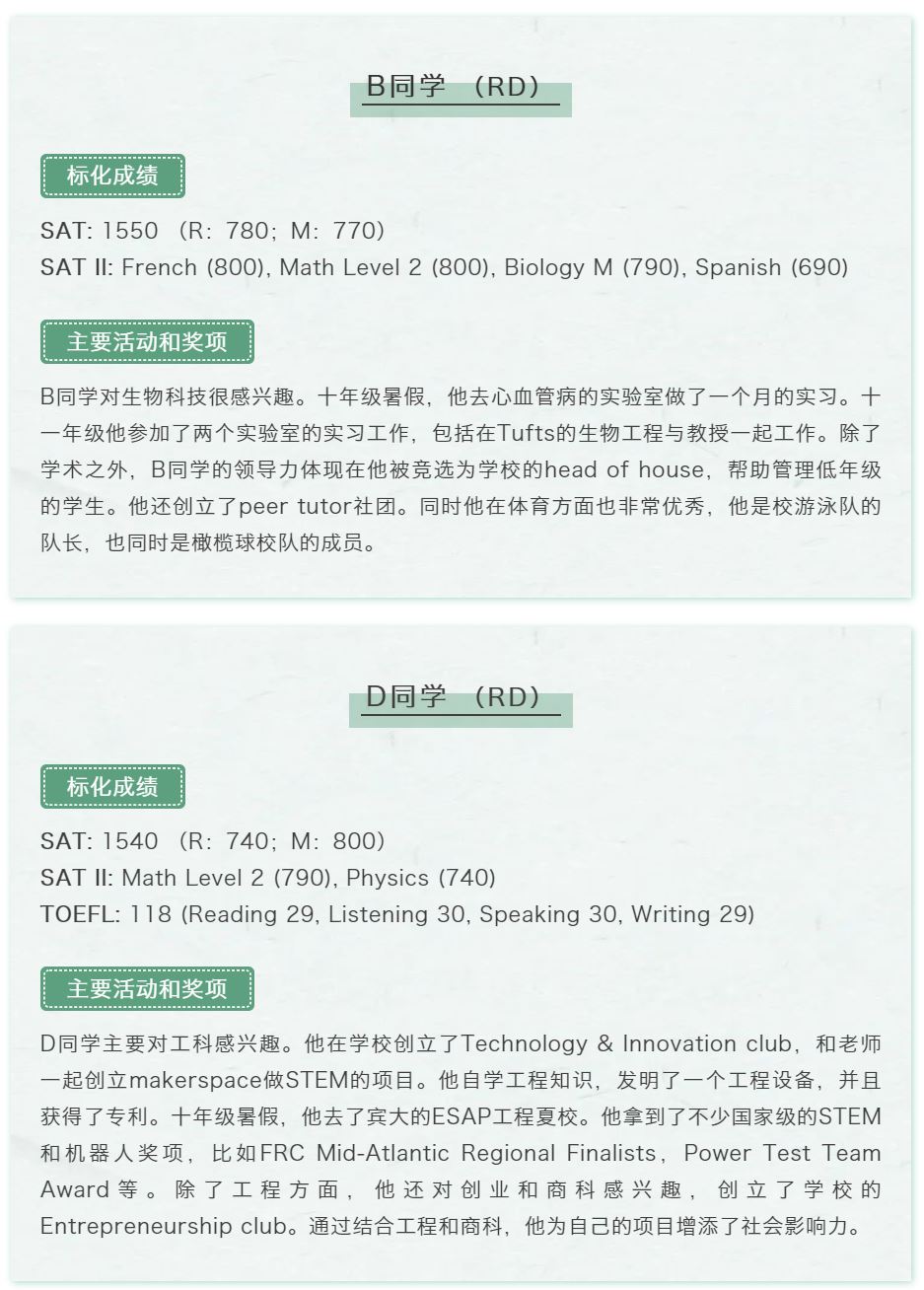
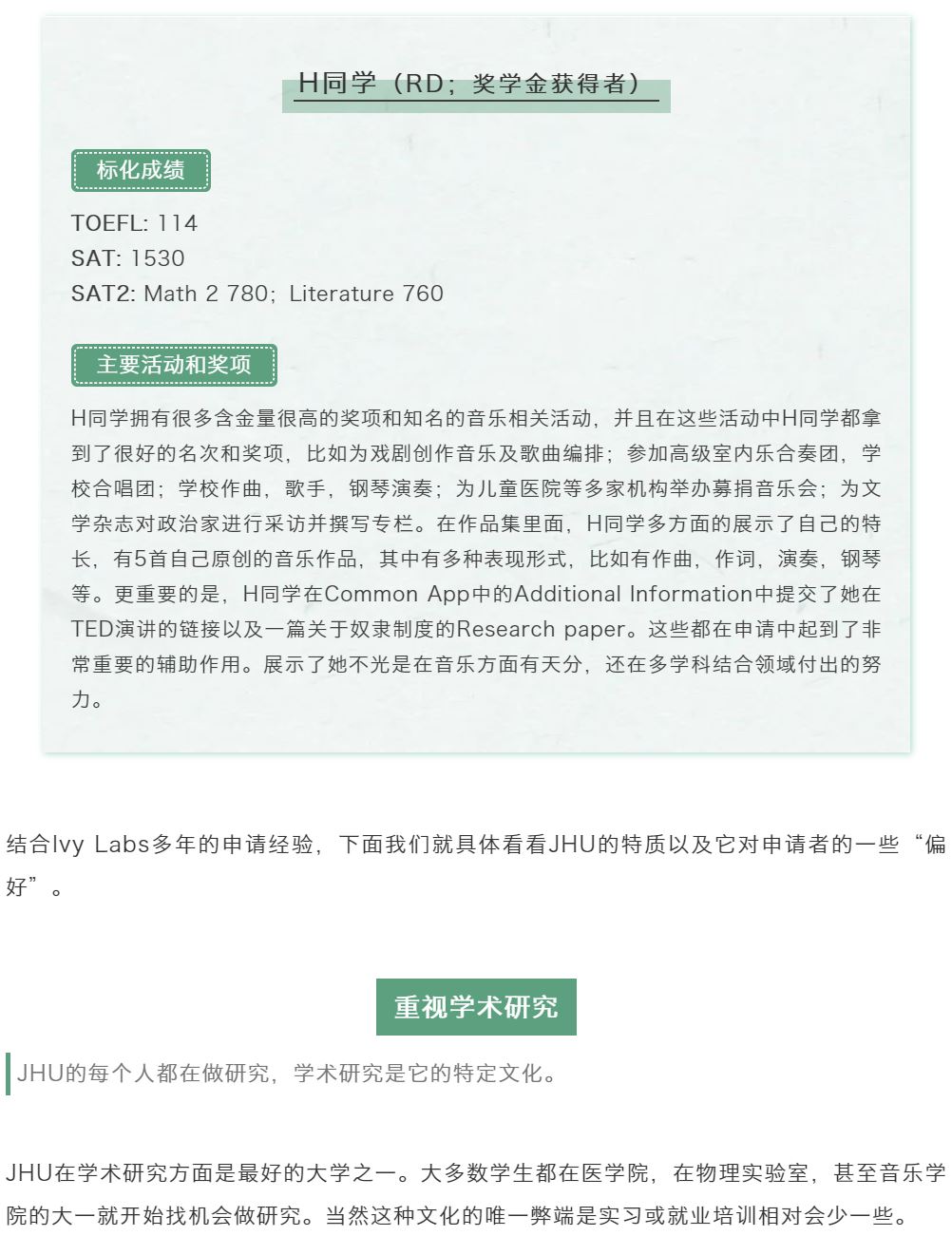
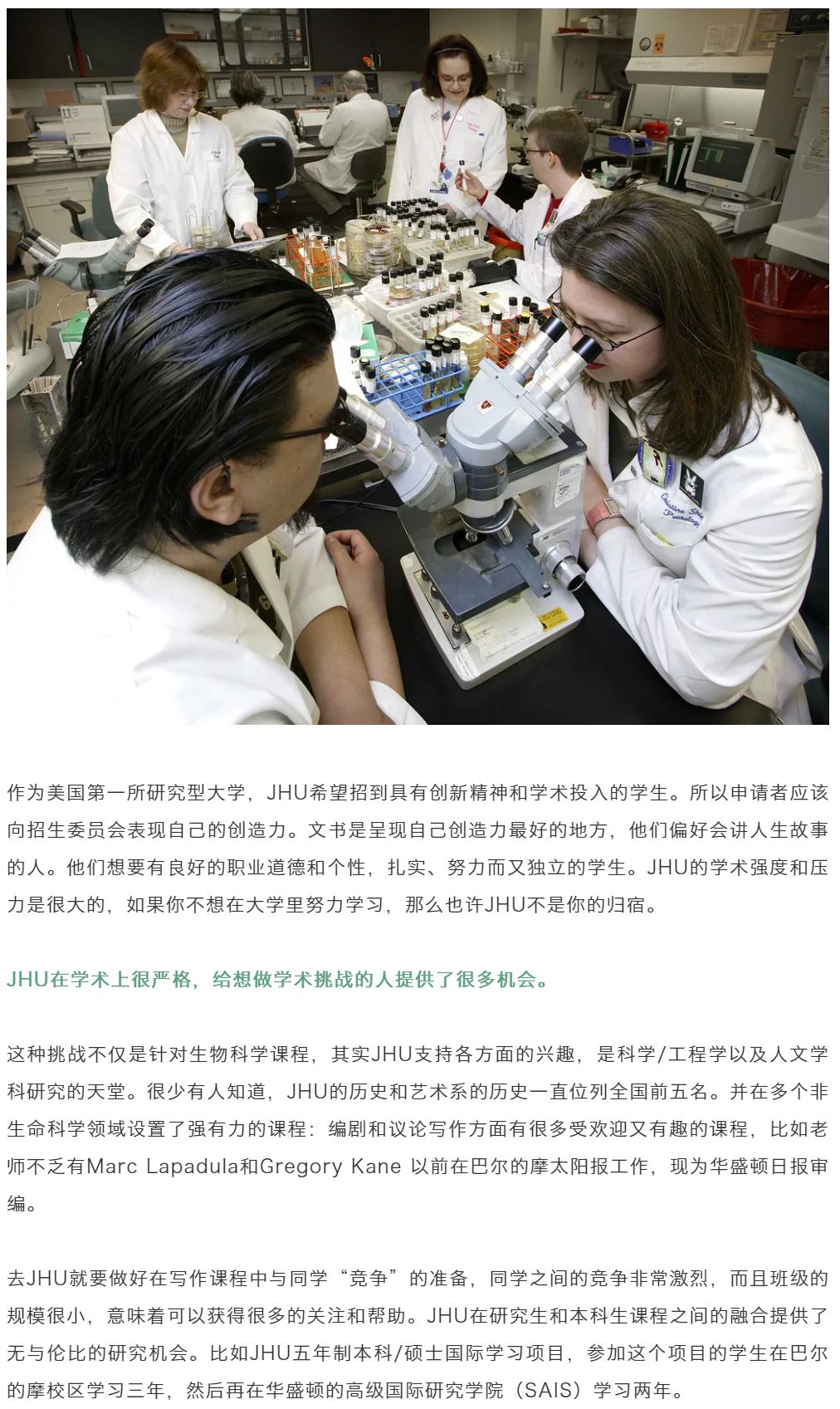
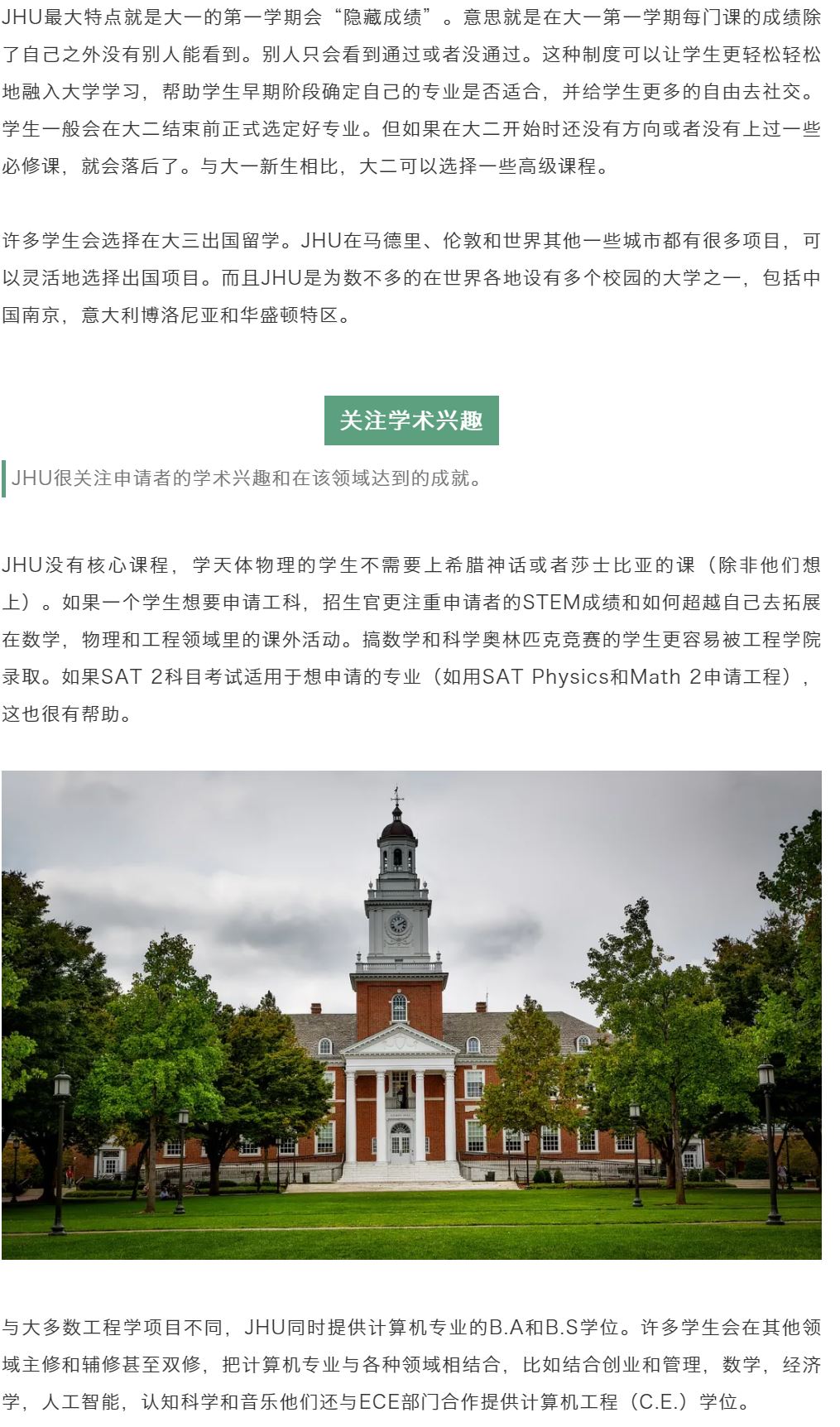
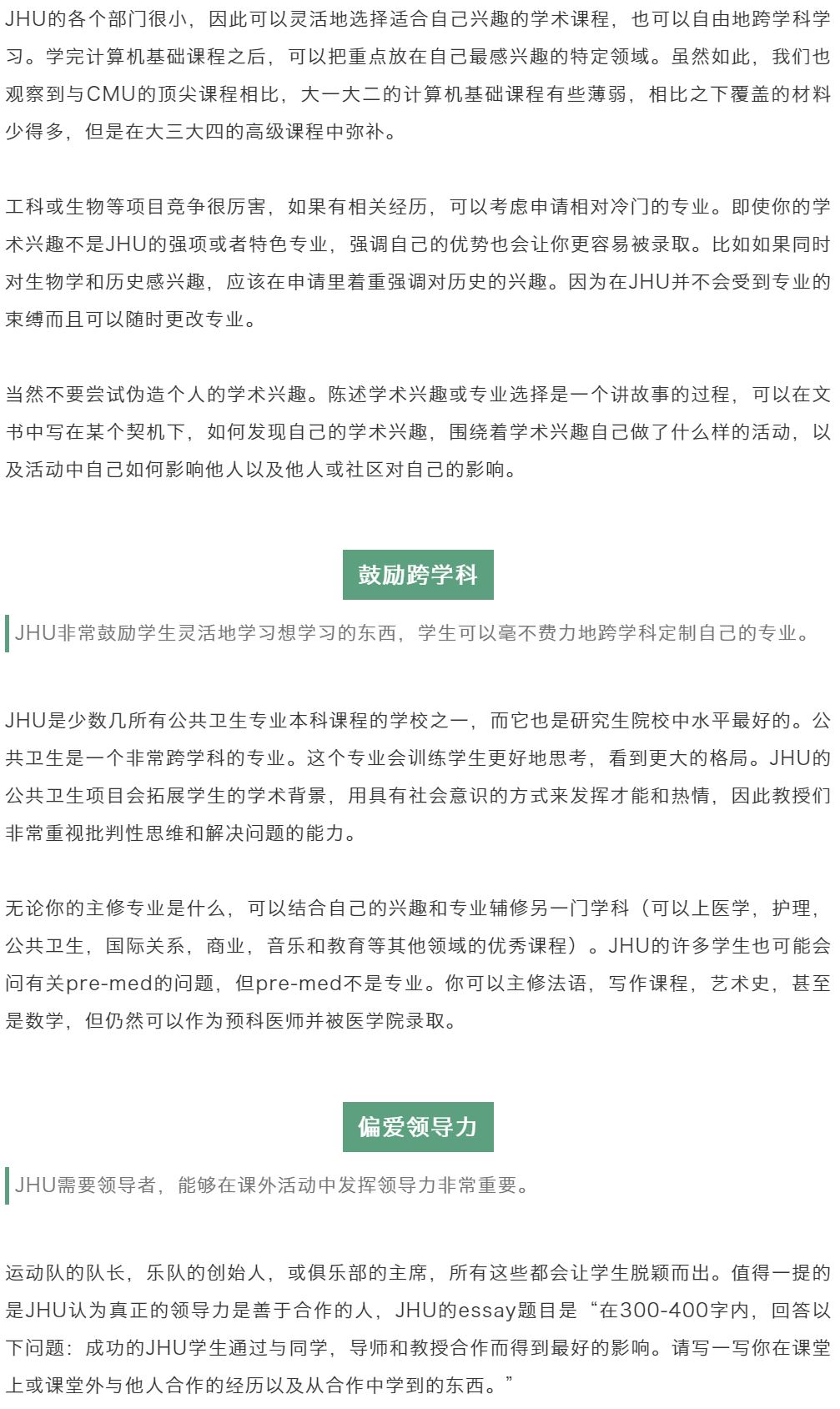
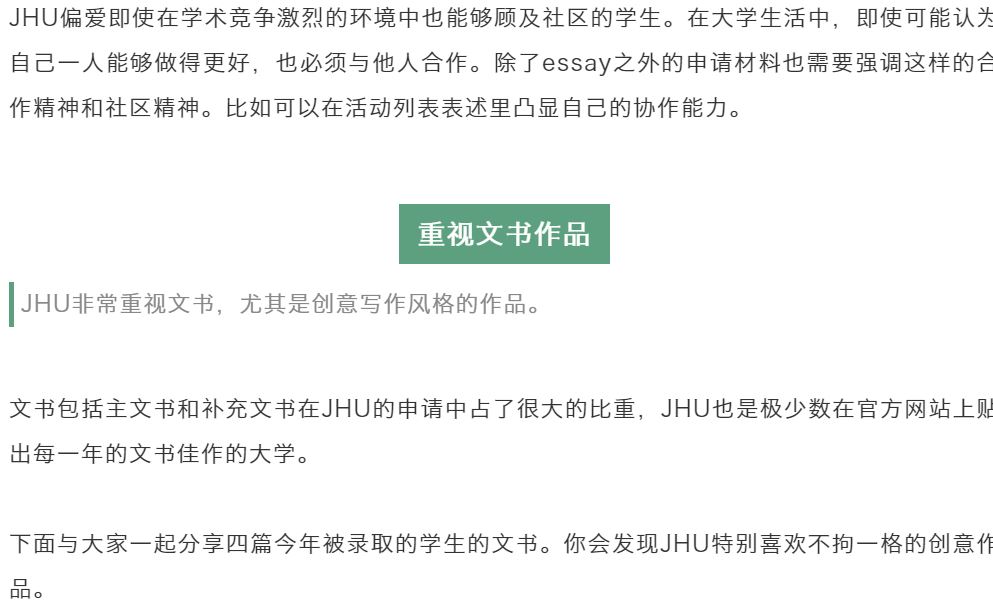





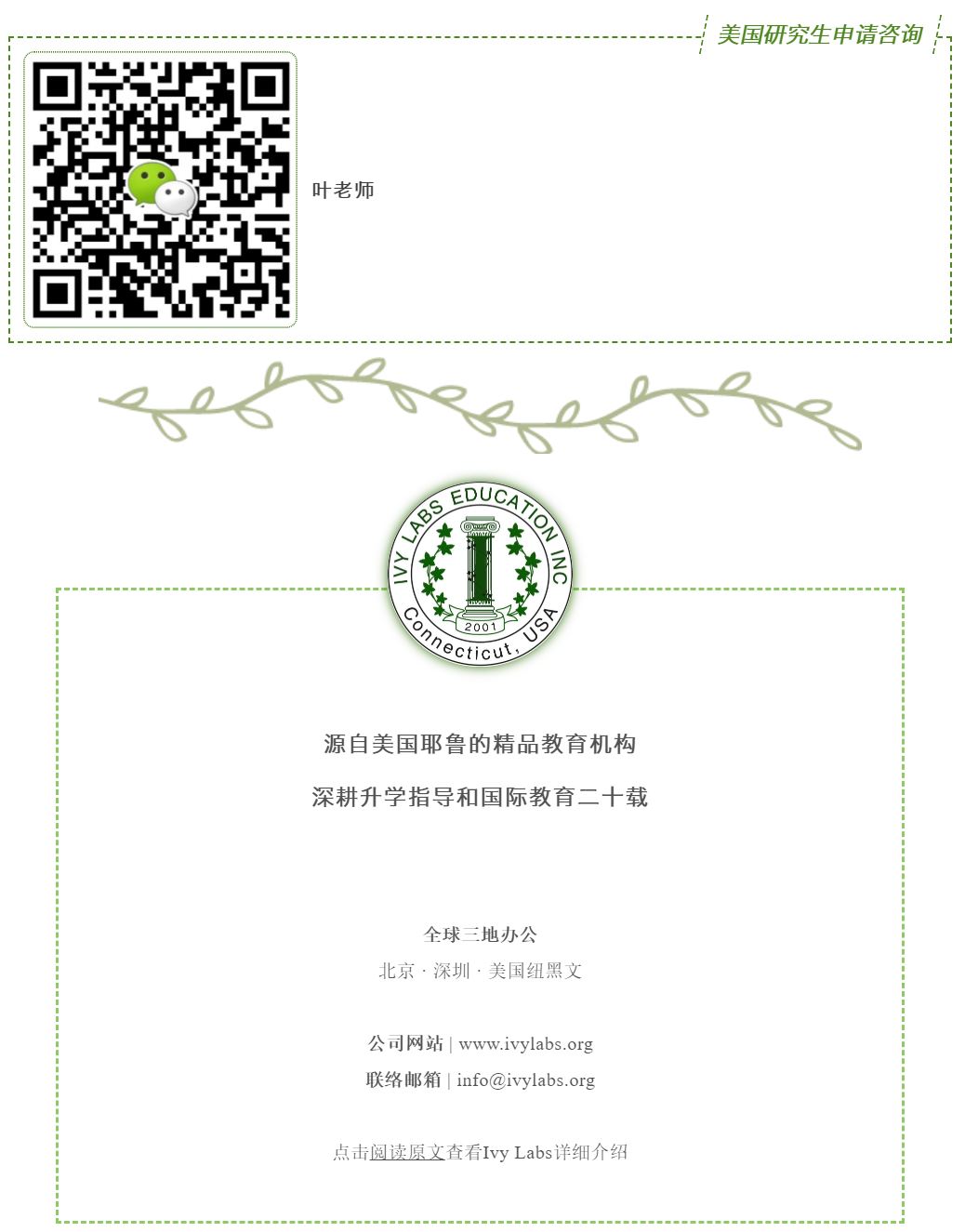
Comments (0)